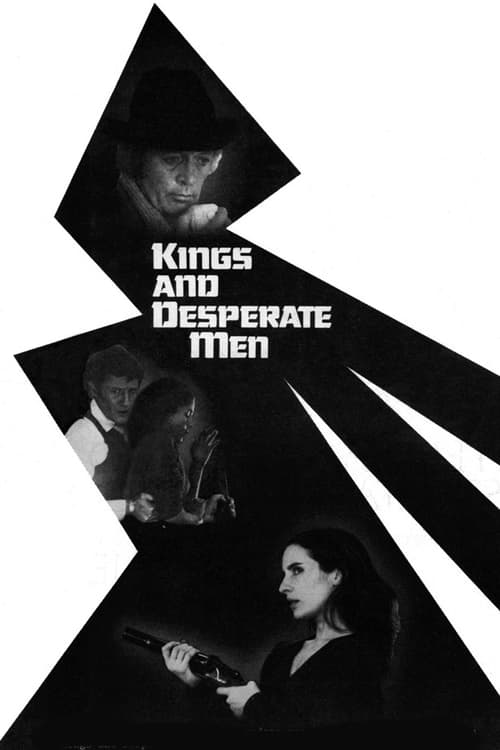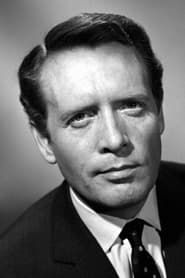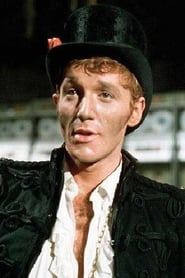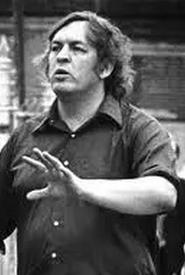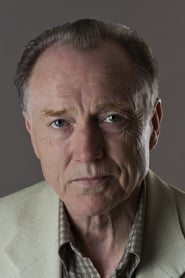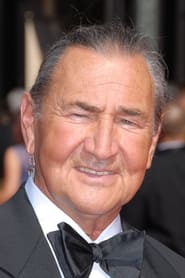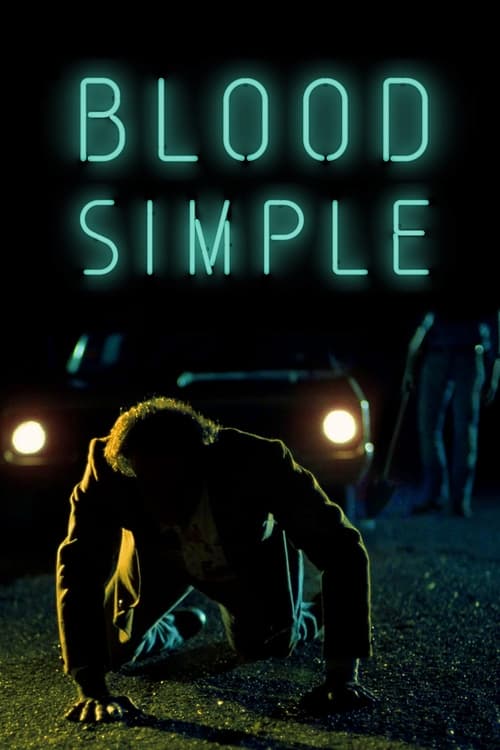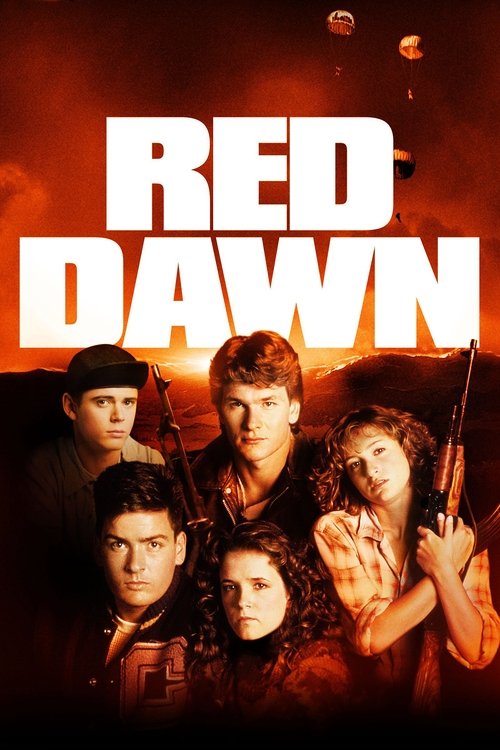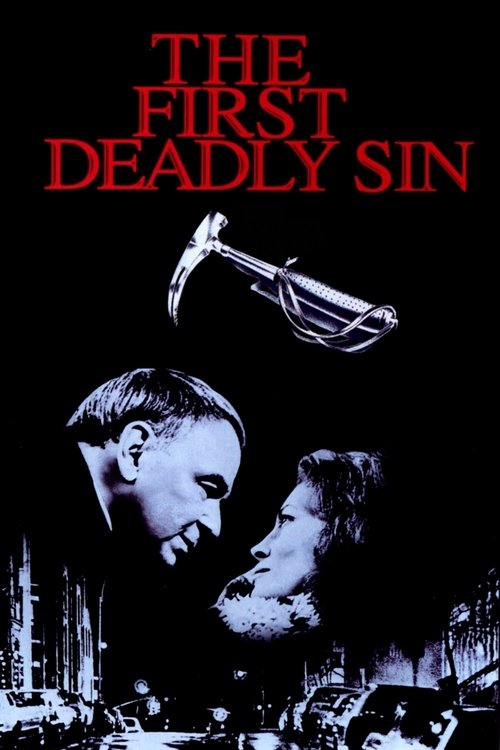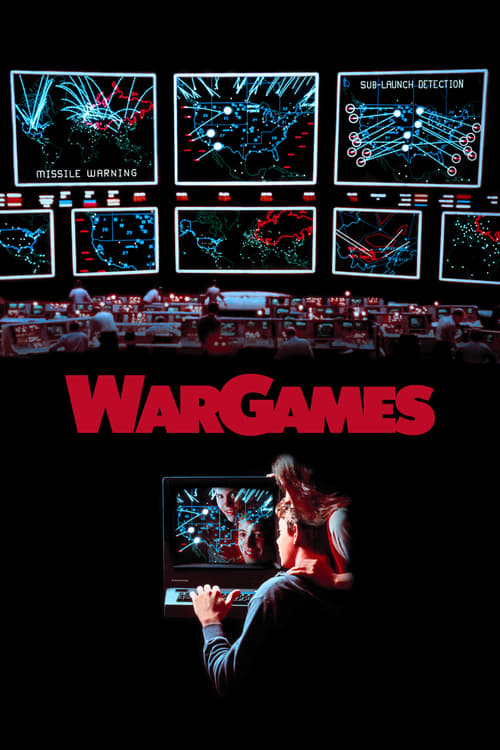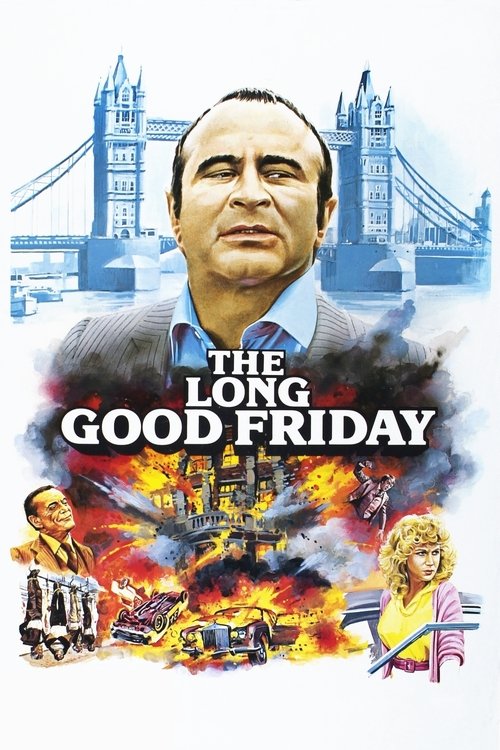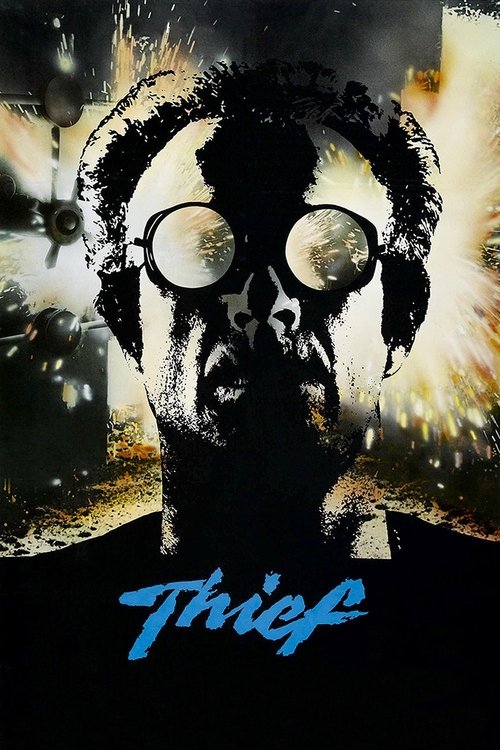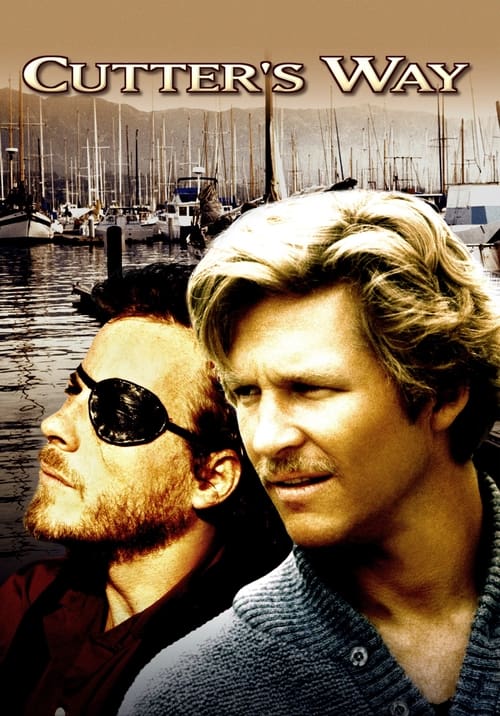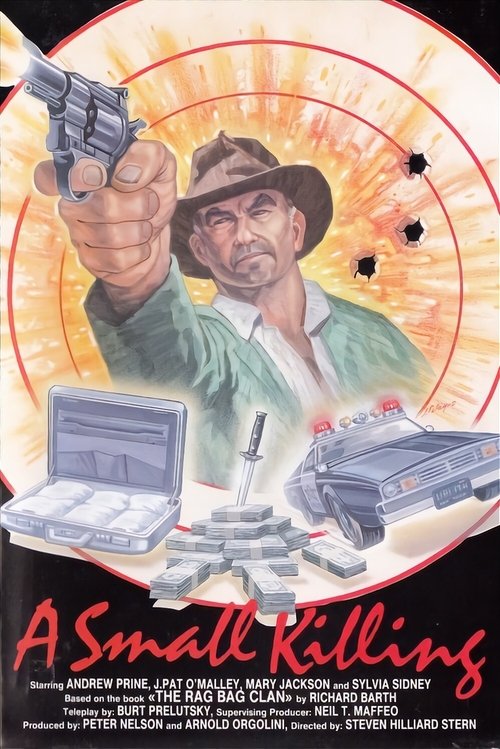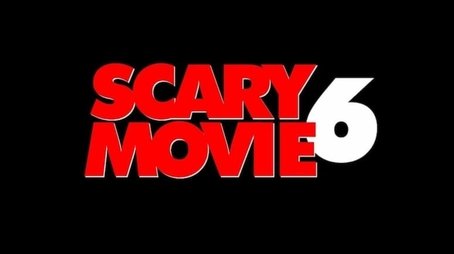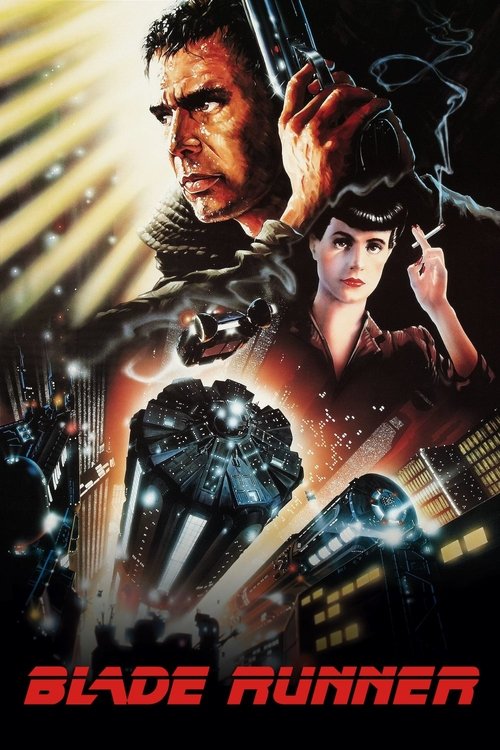
Ask Your Own Question
What is the plot?
The Montreal winter air bites with a sharp, metallic chill as the city's skyline glimmers under the early evening light. Inside the cavernous, glass-walled studio of CKGM Radio, the hum of electronics and the faint echo of distant voices fill the space. It's the eve of a major broadcast, and the station is alive with the quiet tension of live radio. The clock reads just past 6:00 PM, and the airwaves are about to be seized by a man who commands attention with every syllable: John Kingsley (Patrick McGoohan), a British-born talk show host whose voice has become a fixture in Canadian homes. He's arrogant, self-assured, and utterly in control--until tonight.
Kingsley stands at the microphone, adjusting his tie with a practiced hand. His wife, Margaret Trudeau, sits in the control booth, her eyes fixed on the monitors, offering a reassuring smile. Their young son, David, is nearby, fidgeting with a toy, blissfully unaware of the storm about to break. The studio is a fortress of technology: banks of switches, blinking lights, and the omnipresent microphone that serves as Kingsley's scepter. The show is about to begin, and the audience is waiting.
As Kingsley launches into his opening monologue, the atmosphere is electric. "Good evening, Montreal," he says, his voice smooth and commanding. "Tonight, we're going to talk about justice, about power, about who really controls our lives." The words hang in the air, a challenge to the unseen listeners. But before he can continue, the studio door swings open, and a woman steps inside. She's striking, with an air of mystery, and she moves with purpose. Kingsley recognizes her--Claire, a former guest on his show, someone he once dismissed as a radical. She smiles, but there's something cold in her eyes.
"John," she says, her voice low. "We need to talk."
Before Kingsley can respond, the door bursts open again, and a group of armed men flood the studio. At their head is Professor Alexis Kanner, a man whose calm demeanor belies the menace in his eyes. He's dressed in a professor's coat, but the gun in his hand is unmistakable. "Everyone stay where you are," Kanner says, his voice steady. "This is not a robbery. This is a revolution."
The studio is plunged into chaos. Kingsley's wife and son are quickly separated from him, taken to a holding area behind the control booth. The terrorists--Kanner, Claire, and two others--move with precision, securing the exits and disabling the phones. Kingsley is forced to sit at the microphone, his hands trembling as he realizes the gravity of the situation. "What do you want?" he demands, his voice cracking.
Kanner steps forward, his eyes locking onto Kingsley's. "We want the world to hear our manifesto," he says. "And you, John Kingsley, are going to help us broadcast it."
The clock ticks forward. It's now 6:30 PM, and the hostage situation is in full swing. Kanner explains their plan: they've taken Kingsley, his family, and the radio station hostage to force the public to confront what they see as a grave injustice. "There's a man on death row," Kanner says, "a cop killer, convicted by a corrupt system. We want the people to decide his fate--not the courts, not the politicians, but the listeners of your show."
Kingsley's mind races. He knows the stakes are high, but he also knows the power of his voice. "You can't do this," he says, trying to assert control. "The law--"
"The law is a farce," Kanner interrupts. "Tonight, we'll let the people be the jury. You'll put the case to your audience, and they'll decide. If they find him guilty, he dies. If they find him innocent, he walks free."
The studio is a pressure cooker. Kingsley's wife, Margaret, is held in a small room behind the control booth, her face pale with fear. David is with her, clutching her hand. The terrorists have made it clear: any attempt to escape or resist will result in their deaths. Kingsley is torn between his instinct to protect his family and his desire to maintain his authority.
As the show begins, the tension is palpable. Kingsley introduces the case, his voice steady despite the fear in his heart. "Ladies and gentlemen, tonight we have a unique situation. A man stands accused of killing a police officer. The courts have found him guilty, but tonight, we're going to let you, the people, decide his fate."
The phone lines light up with calls from listeners, their voices a mix of outrage, curiosity, and confusion. Kingsley moderates the debate, trying to keep the conversation civil, but Kanner is always watching, his presence a constant reminder of the stakes. "Don't try anything clever, John," Kanner warns. "We're listening."
As the hours pass, the studio becomes a battleground of ideas. Kingsley uses his knowledge of psychology and broadcasting to subtly undermine Kanner's control. He asks probing questions, challenges the assumptions of the callers, and tries to expose the flaws in the terrorists' logic. "Justice isn't about revenge," he says at one point. "It's about truth."
Kanner, however, is not easily swayed. He counters Kingsley's arguments with his own, painting the accused as a victim of a corrupt system. "The courts are bought and paid for," he says. "The police are the real criminals. Tonight, we'll let the people decide."
The confrontation between Kingsley and Kanner is a duel of wits, each man trying to outmaneuver the other. Kingsley's arrogance is tempered by the reality of his situation, while Kanner's calm exterior begins to crack under the pressure. "You think you're so smart, John," Kanner says, his voice rising. "But you're just a puppet. The people will see through you."
The tension reaches a breaking point as the debate intensifies. Kingsley's wife and son are moved to a more secure location, their fear palpable. The terrorists begin to argue among themselves, their unity fraying under the strain. Claire, in particular, seems to question Kanner's methods. "Is this really the way?" she asks. "Are we any better than the system we're fighting?"
Kingsley seizes on the moment of discord. "You're not revolutionaries," he says, his voice firm. "You're just another group of people trying to impose your will on others. The people deserve better than this."
The climax comes as the debate reaches its peak. Kingsley, using his knowledge of the station's equipment, manages to send a covert signal to the outside world. The police, who have been monitoring the situation from afar, begin to move in. Kanner, realizing that his plan is unraveling, becomes increasingly desperate. "You think you've won, John," he says, his voice trembling. "But the people will remember this night."
In a final, tense confrontation, Kingsley and Kanner face off in the studio. "You've lost, Alexis," Kingsley says. "The people have spoken. They've rejected your extremism."
Kanner, defeated, lowers his gun. The police storm the studio, freeing Kingsley's family and arresting the terrorists. The broadcast ends with Kingsley regaining control, his voice steady and resolute. "Tonight, we've seen the power of words," he says. "Let's use that power wisely."
The film closes with Kingsley reflecting on the ordeal, the weight of the experience etched on his face. His family is reunited, and the radio station returns to normalcy. But the ideological questions raised linger, a reminder of the fragility of public trust and the power of media manipulation.
What is the ending?
In the ending of "Kings and Desperate Men," the story culminates in a tense confrontation between the main characters, leading to a tragic resolution. The protagonist, a desperate man, faces the consequences of his actions, resulting in a violent climax that leaves several characters dead and others irrevocably changed.
As the film reaches its conclusion, the tension escalates. The protagonist, who has been driven by desperation and a desire for redemption, finds himself cornered. The stakes are high, and the emotional weight of his choices bears down on him. In a final confrontation, he faces off against his adversaries, leading to a chaotic and violent showdown. The aftermath is grim, with significant casualties among the characters, leaving a haunting sense of loss and the futility of their struggles.
As the final act of "Kings and Desperate Men" unfolds, the atmosphere is thick with tension. The protagonist, a man who has been pushed to the brink by his circumstances, stands in a dimly lit room, sweat glistening on his brow. He clutches a gun tightly, his knuckles white, reflecting the turmoil within him. The stakes have never been higher; he is not just fighting for his life but for a chance at redemption.
Scene by scene, the narrative progresses. The camera pans to his adversaries, a group of men who have been pursuing him relentlessly. They are ruthless, driven by their own motivations, and their presence looms like a dark cloud. The protagonist's heart races as he recalls the choices that led him here--each decision a step deeper into a world of violence and desperation.
In the next scene, the protagonist's internal conflict is palpable. He grapples with the weight of his past actions, flashes of memories flickering through his mind--moments of love, loss, and betrayal. He knows that this confrontation could end in his death, but the thought of surrender is unbearable. The camera captures the flicker of determination in his eyes, a man unwilling to back down despite the odds stacked against him.
As the confrontation begins, the tension reaches a boiling point. The protagonist steps out from his hiding place, gun raised, and the room erupts into chaos. Bullets fly, and the sound of gunfire echoes, drowning out the cries of desperation. Each character's fate hangs in the balance as they engage in a frantic struggle for survival. The protagonist's adversaries fall one by one, their faces twisted in shock and pain, while he fights with a mix of fear and resolve.
In a heart-stopping moment, the protagonist finds himself face to face with the leader of his pursuers. The two men lock eyes, and in that instant, a lifetime of choices and regrets passes between them. The leader taunts him, but the protagonist's resolve hardens. He pulls the trigger, and the leader collapses, a look of disbelief etched on his face. The protagonist stands over him, breathing heavily, the weight of his actions crashing down upon him.
As the dust settles, the aftermath is grim. The room is littered with bodies, and the silence that follows is deafening. The protagonist, now a shell of the man he once was, surveys the scene with a mix of triumph and horror. He has survived, but at what cost? The emotional toll is evident as he stumbles back, the realization of his actions sinking in. He has won the battle but lost a part of himself in the process.
In the final moments, the protagonist walks away from the chaos, his face a mask of anguish. He knows that he cannot escape the consequences of his choices. The camera lingers on his retreating figure, a man forever changed by the desperate circumstances that led him to this point. The film closes on a haunting note, leaving the audience to ponder the fragility of life and the heavy burden of desperation. Each character's fate is sealed in that moment, a stark reminder of the cost of their struggles and the harsh realities of their world.
Is there a post-credit scene?
The movie "Kings and Desperate Men," produced in 1981, does not feature a post-credit scene. The film concludes without any additional scenes or content after the credits roll. The narrative wraps up with the resolution of the main plot, focusing on the characters' arcs and the consequences of their actions throughout the story.
What role does the character of the detective play in the story?
The detective serves as a moral counterpoint to John, embodying the law and order that John is increasingly at odds with. His relentless pursuit of justice creates tension and heightens the stakes for John, as the detective's investigation uncovers layers of corruption and complicity that challenge John's attempts to escape his past.
How does the film depict the theme of betrayal among the characters?
Betrayal is a recurring motif, particularly illustrated through John's interactions with his associates. As alliances shift and loyalties are tested, characters reveal their true motivations, leading to shocking twists that impact John's journey. The emotional weight of these betrayals is palpable, as they not only threaten John's safety but also his sense of identity and trust.
What motivates the character of John to take drastic actions throughout the film?
John, portrayed as a desperate man caught in a web of crime and betrayal, is driven by a deep-seated need for survival and redemption. His past mistakes haunt him, and he feels an overwhelming pressure to protect his family and regain control over his life. This desperation leads him to make choices that spiral into violence and moral ambiguity.
How does the relationship between John and his wife evolve during the film?
Initially, John's wife is portrayed as supportive but increasingly worried about his choices. As the plot unfolds, her concern turns to fear as John's actions become more reckless. Their relationship is strained by secrets and the weight of John's criminal activities, leading to emotional confrontations that reveal their vulnerabilities and the impact of John's decisions on their family.
What is the significance of the setting in shaping the characters' experiences?
The film's gritty urban setting serves as a backdrop that reflects the characters' struggles and moral dilemmas. The dark alleys and seedy environments amplify the tension and danger that John faces, while also symbolizing the entrapment of his circumstances. This setting influences the characters' decisions, pushing them toward desperation and conflict as they navigate a world rife with corruption.
Is this family friendly?
"Kings and Desperate Men," produced in 1981, contains several elements that may not be suitable for children or sensitive viewers. Here are some potentially objectionable aspects:
-
Violence: The film includes scenes of physical confrontations and threats, which may be intense and unsettling for younger audiences.
-
Mature Themes: The narrative explores themes of desperation, betrayal, and moral ambiguity, which may be difficult for children to understand or process.
-
Strong Language: There are instances of coarse language that could be inappropriate for younger viewers.
-
Emotional Turmoil: Characters experience significant emotional distress, including fear and anxiety, which may be upsetting for sensitive individuals.
-
Crime and Corruption: The plot involves criminal activities and the darker sides of human nature, which may not be suitable for a family-friendly viewing experience.
These elements contribute to a tone that is more aligned with adult themes and may not be appropriate for children.

